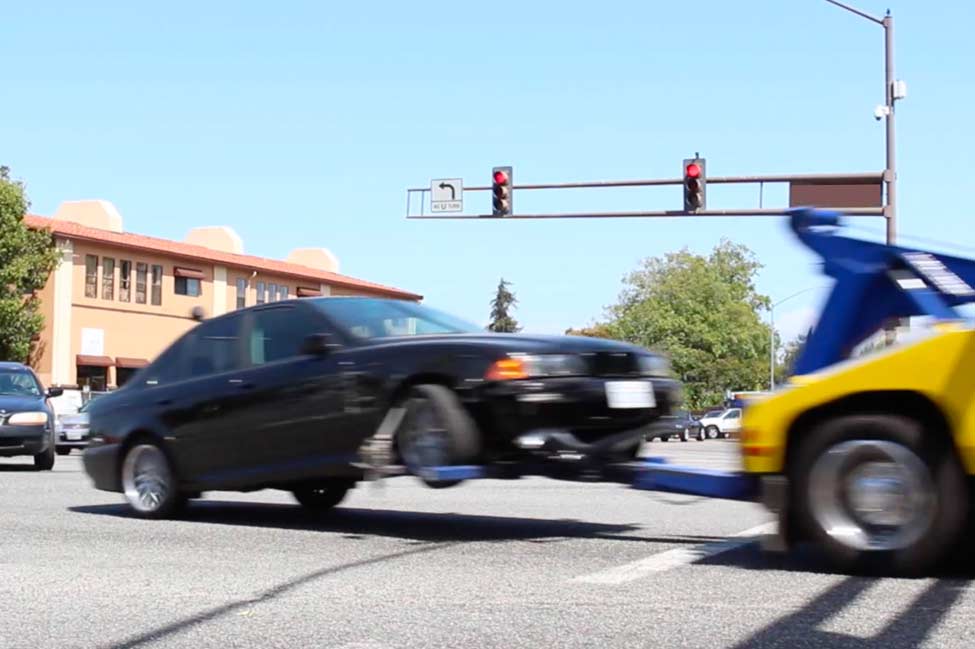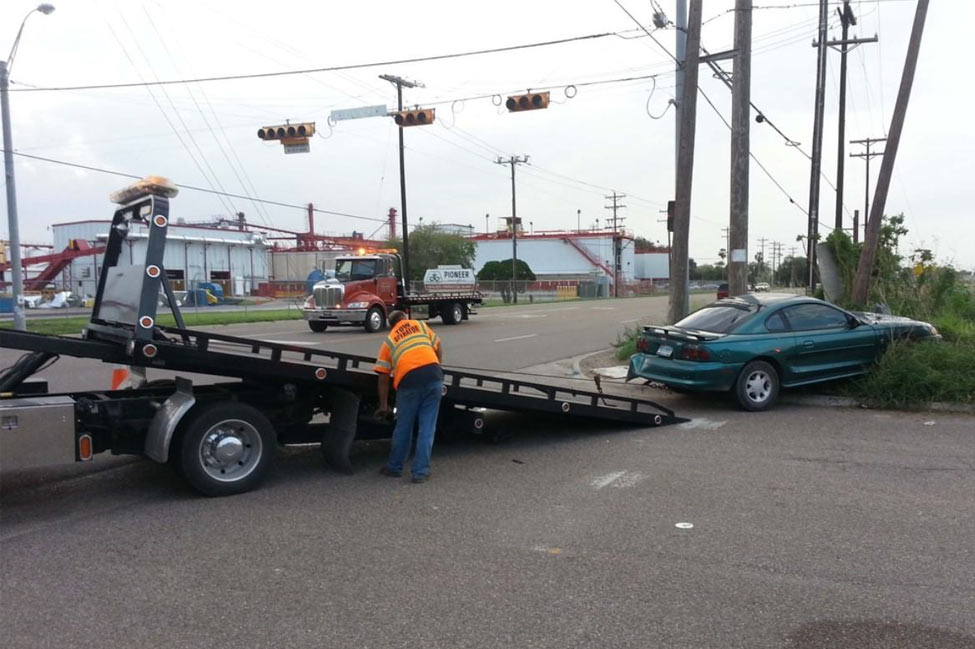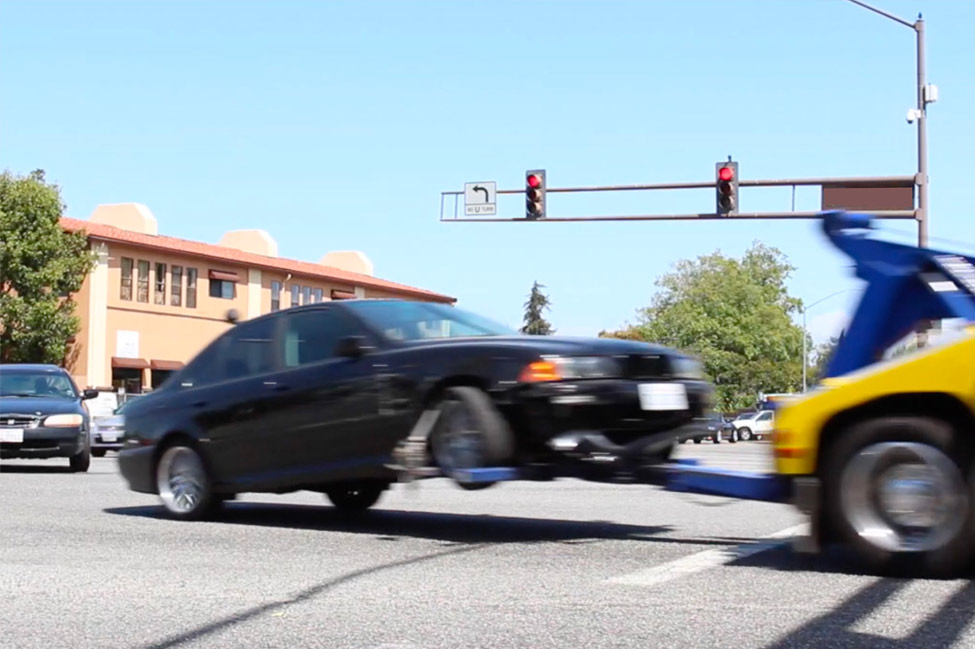Do Rate Caps on Towing Bring Down Consumer Costs?
One argument for rate caps suggests that, if not controlled, the price to motorists for a non-consensual will have no upper limit. So, in many areas, decision-makers have devised varying methods to control the cost of towing.
As a measure intended to do away with unscrupulous towers and exorbitant rates, many city governments have decided to enforce a maximum amount per tow, believing that if you take the money out of the towing business, you’ll only get honest, respectable businessmen doing the work.
Of course, you can’t blame people for wanting to pay less.
Who wouldn’t want to have the ability to walk into the grocery store, fill their cart with $300 dollars in groceries, and demand to pay only 40% of the bill? Or even name your own price at the Mercedes dealership?
But we all know there’s a catch.
If you receive 40% off your groceries, to recoup his losses, the grocery store owner may require you to rent the cart or pay a toll just to get into the store. And if you’re allowed to name your own price at the Mercedes dealer, they’re sure to make it up somewhere else (you want air in those tires?).
Of course, reducing costs in one area and transferring them to another are just gimmicks designed to redirect your attention. It’s a sleight-of-hand, look here, don’t look there – method of getting your money in some other fashion.
The reality is, controlling costs by attempting to circumvent supply-side economics has been tried before. But it doesn’t work. You need to look no further than healthcare for an example.
Forbes contributor Chris Conover wrote an article back in 2012 explaining exactly how attempting to control healthcare costs has had the opposite effect.
In Conover’s article, he says, “…In 1958, per capita health expenditures were $134. This may seem astonishingly small, but it actually includes everything, inclusive of care paid for by government or private health insurers. A worker earning the average wage in 1958 ($1.98 per hour) would have had to work 118 hours—nearly 15 days–to cover this expense…”
In 1965, Medicare was established as a measure to control healthcare costs for seniors. In his article, Conover continues, “…By 2012, per capita health spending had climbed to $8953.00. At the average wage ($12.80 per hour), a typical worker would have to work 467 hours—about 58 days.” The average worker would have to work four times longer to pay for the same healthcare services.
Don’t misunderstand; Conover’s not talking about the impact of inflation. The price of everything has gone up since 1958. He’s using today’s average wages compared with 1958’s average wages to show that the price of healthcare is up by almost 400%, precisely due to measures aimed at controlling costs.
Some suggest that the healthcare debacle was an easy mark. And that the government became so deeply involved precisely because of its desire to widen its scope and power while increasing the dependency of the populace upon the government.
Maybe that’s exactly why other city leaders are taking a different tact with towing rates. They’re taking a play out of the federal government’s handbook.
Do Rate Caps on Towing Bring Down Consumer Costs?
Rather than limiting the amount of money a tower can charge, many cities, like Bridgeport, Connecticut, are bidding out towing services. Instead of looking at towers as a problem that needs fixing, they’re taking advantage of this “common villain” and using them to collect tax dollars from motorists, somewhat covertly.
In 2013 Jim Arillo of Jim’s Auto agreed to pay the city of Bridgeport $376 per car to win the city’s towing contract. Separately the city takes in $1.5 million annually from its boot program.
In cities like Bridgeport, high pay-to-play rates have forced towers to raise towing fees. But in other places, the authorities have clamped down tight on the amount a tower is allowed to charge, forcing them to raise rates elsewhere.
If the desired effect of rate caps is to decrease the burden on the public, then I don’t believe they work. Maybe the question we should be asking is, do government controls work? Or does the government work at all anymore? When our once respected “leaders” disregard the will of the people and only Kowtow to ensconced, unelected bureaucrats to collectively feather their own nests at the cost of their constituents, one might come to the conclusion that the free market no longer exists, and towers and towing customers are on their own.






Leave A Comment